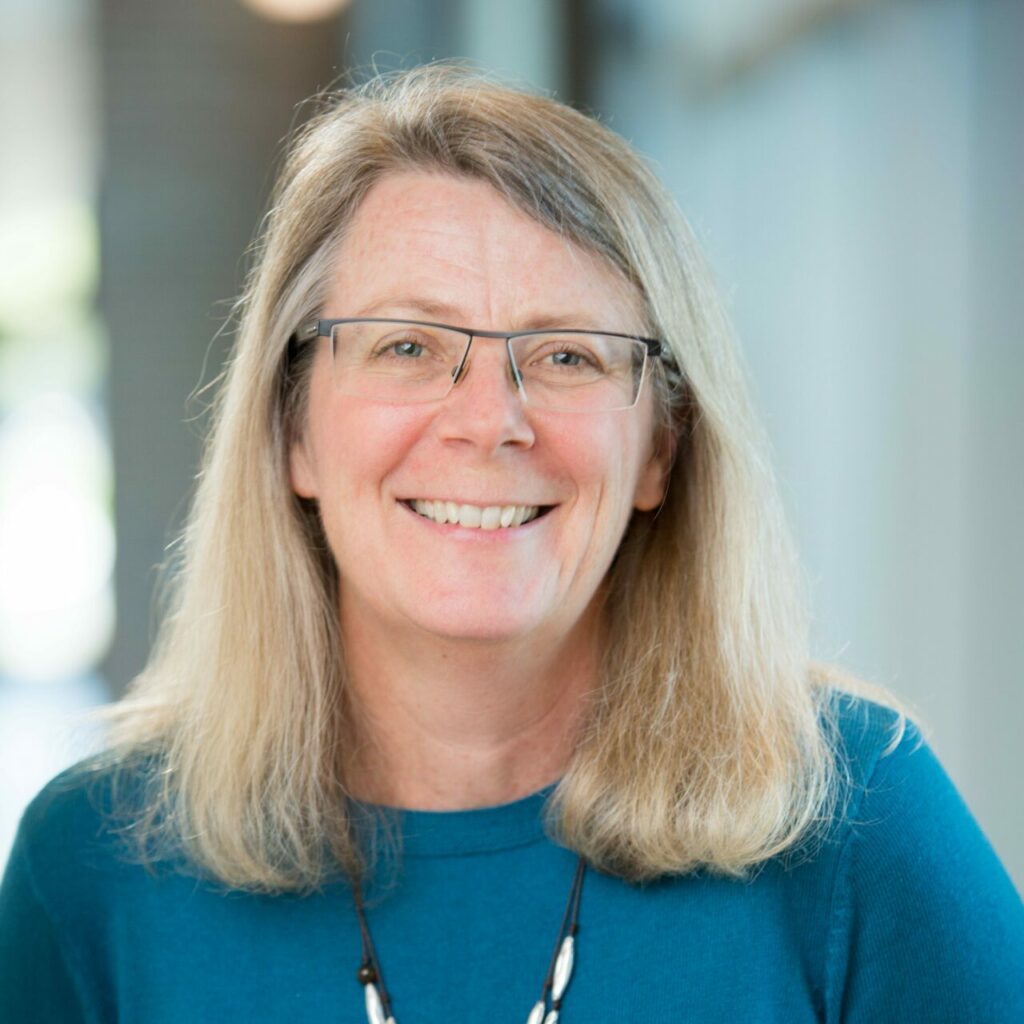By Anne Button, Guest Columnist

About a decade ago, I hit a professional wall. Burned out and depleted, I applied for a new job. The interview started with the softball question: Why this job and why you?
It’s the most basic question, one I’ve asked many times from the other side of the interview table. Yet I scrambled to come up with an answer beyond, “Getting out of my rut.”
I bombed it.
Years later, it still embarrasses me. But here’s my takeaway. Had I gotten the job, I probably would have blithely patted myself on the back for what went right. My failure made me examine why I was so woefully unprepared. Turns out I didn’t really want the new job, I just wanted out of my old one.
Our résumés, and the stories we tend to share about ourselves, are something of a triumph parade: the jobs we’ve held, the awards we’ve won, the ways we’ve distinguished ourselves. What they don’t include are all the things we applied for and were rejected from, our projects that didn’t get off the ground, our brilliant ideas that went nowhere.
Those setbacks, while painful in the moment, are valuable in a different way.
As Thomas Edison said, “I have not failed. I’ve just found 10,000 ways that won’t work.”
Our flops are the dark horse in the race to success.
So what if instead of ignoring our previous missteps, we created a résumé of our failures?
I wish I had invented this concept, but no. In 2010, British academic Melanie Stefan wrote an article in Nature about keeping a record of the grants and fellowships she’d applied for and didn’t get, to remind others in academia that everyone has setbacks. Johannes Haushofer, a professor then at Princeton, took it a step further, publishing his CV of failures on Twitter in 2016. It went viral.
While it can be fun to wallow in our disappointments, feel sorry for ourselves or overshare our regrets, that’s not the point of the failure résumé.
It’s to acknowledge that failure is an inevitable part of learning.
Having lived almost six decades, my personal failure list is long. There are the schools I didn’t get into. The jobs I applied for and didn’t get. The people I dated and didn’t marry. OK, that last one is more of a bullet dodged, but the point is that examining these experiences can prevent us from traveling down the path to failure again.
Creating a failure résumé is simple: Look back at your life and write down your biggest failures, the uglier the better, but toss in some meaningful micro-failures too. And then instead of (or maybe after) feeling sorry for yourself, take time to analyze why you failed along the way and what you got out of it. Of course, some faceplants are purely negative, but that’s rare.
And sometimes it really isn’t a failure at all. Getting rejected only to later get a better offer? That’s more like closed door, open window.
We often repeat the same failures multiple times. That’s worth noticing. In his 2022 book “The Power or Regret: How Looking Backward Moves Us Forward,” Daniel Pink writes that creating his own failure résumé helped him realize he’d repeatedly made variations of the same two mistakes. Once he recognized that, he took steps to change those behaviors.
The failure résumé reminds us of what success really is: the end result of a lot of failures, and not something that appears fully formed and all at once.
It reminds us that redemption lies not in perfection but in the messy, stumbling journey toward a slightly better version of ourselves.
It also encourages us to take ourselves less seriously and embrace the absurdity of it all. In the grand comedy of life, the best punchlines often come from the most unexpected moments of failure.
Like in the case of Haushofer, the former Princeton professor. His failure résumé lists what he calls his meta-failure: “This darn CV of Failures has received way more attention than my entire body of academic work.”
Anne Button has lived in North Denver for nearly 30 years and raised two kids in the neighborhood. She is the founding director of the CU Denver Change Makers program, which helps older adults chart new paths. She can be reached at Anne.Button@ucdenver.edu.

Be the first to comment